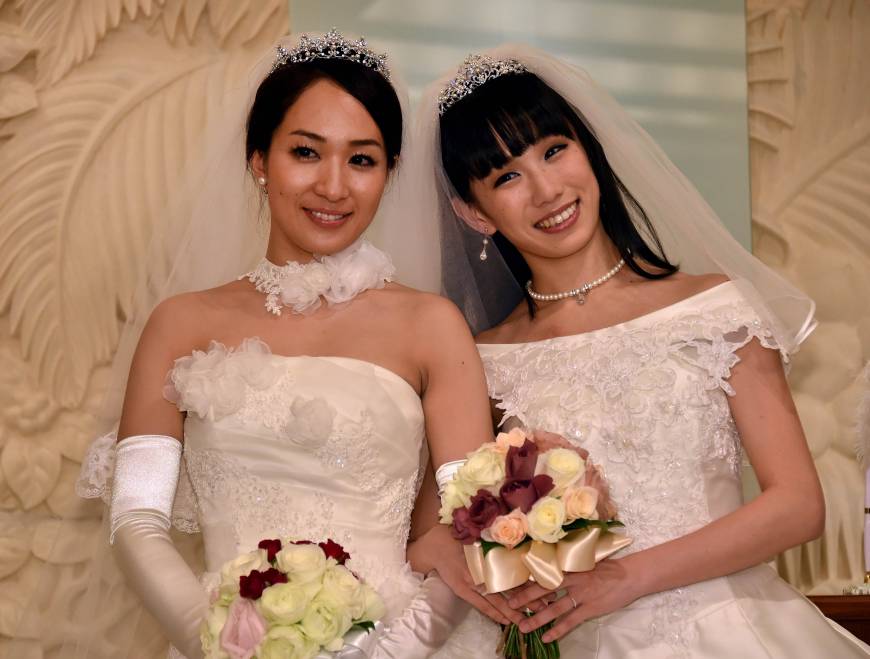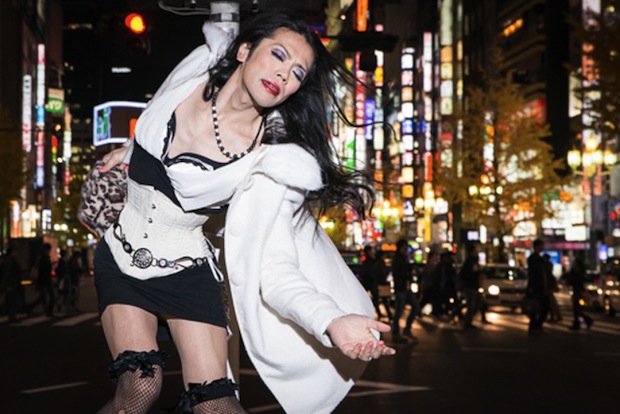7.6% of people in Japan are gay, lesbian or have gender identity disorder.
That’s according to a Dentsu survey published in the Asahi Shimbun newspaper on April 24th (and that’s also the sway they word the “groupings” too). It equates to 1 in 13 people.
The results were released on April 23rd. They were conducted on around 70,000 adults in Japan through an online questionnaire.
Image may be NSFW.
Clik here to view.
A similar survey in 2012 found that 5.2% of people, or 1 in 19 people, identified as LGBT.
The new survey was conducted on April 7th and April 8th with 69,989 people aged 20-59 across Japan.
However, Dentsu have hedged their findings by saying their survey methodology also changed, so it is hard to make a straight comparison between the 2012 and 2015 research. It may not be that GBLTQ have “increased” in Japan, just that we can identify people (and they can identify themselves) better.
Certainly, though, publicity about sexual minorities in Japan is at an all-time high and for all the right reasons.
Gay and transgender rights have finally gained traction in recent months in Japan.
Ayaka Ichinose and Akane Sugimori got “married” to much media attention, while Shibuya passed an ordinance saying it would recognize same-sex couples.
Transgender and cross-dressing events are also popular now in Tokyo. This weekend is the Tokyo Rainbow Pride festival.
Image may be NSFW.
Clik here to view.
Sometimes they cross a line between what a westerner might understand as “trans” or “gay”, into what exists more in the realm of adult Japanese cosplay regardless of whether the cross-dresser likes boys or girls.
If there’s one thing we’ve learnt from years of blogging about Japanese erotica and sexuality, it’s that nothing is black and white.
Image may be NSFW.
Clik here to view.
Clik here to view.
 Image may be NSFW.
Image may be NSFW.Clik here to view.
 Image may be NSFW.
Image may be NSFW.Clik here to view.
 Image may be NSFW.
Image may be NSFW.Clik here to view.
 Image may be NSFW.
Image may be NSFW.Clik here to view.
 Image may be NSFW.
Image may be NSFW.Clik here to view.

Clik here to view.

